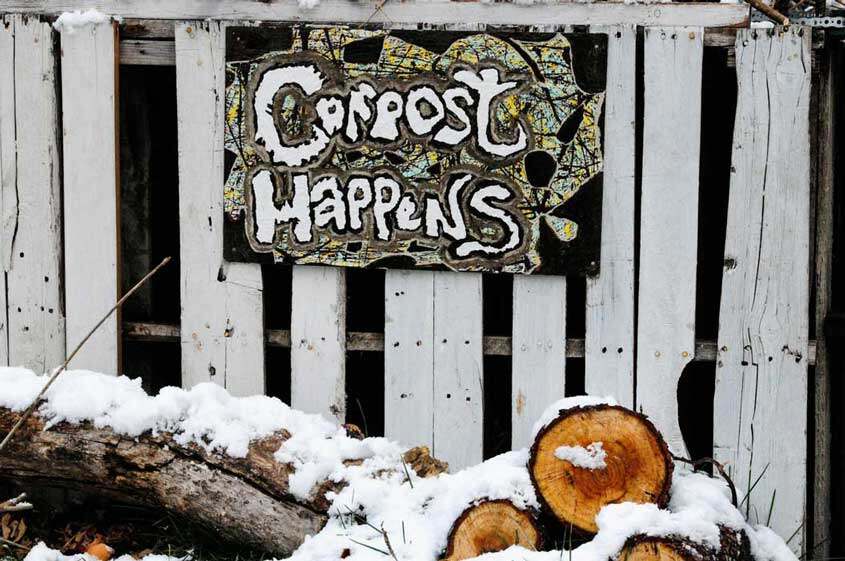The holiday season is upon us, complete with multiple occasions for eating, drinking and making merry—which means multiple occasions for wasted food and drink.


It’s estimated that 20 per cent, or 11 million tonnes, of all the food produced in Canada is wasted. Wasted food means wasted resources and, with grocery costs rising, wasted money.
This holiday season, Dr. Tara Moreau, associate director at the UBC Botanical Garden, provides tips to reduce food waste and enjoy a more sustainable break.
Why is food waste a problem?
Let’s look at a cup of coffee, for example. First, consider all the ingredients that go into that coffee, such as milk, sugar, water, coffee beans. Then, consider their supply chains and the resources involved: Greenhouse gases are emitted through farming, packaging, shipping and distribution to your home, packaging can end up in the landfill, monoculture farming reduces biodiversity and shapes plant genetics, and can be very resource-intensive, and so on. If you throw out that cup of coffee, all of those resources are lost.
In addition, when food waste decomposes in landfills, it creates methane, a greenhouse gas. And with rising grocery costs, reducing food waste is both environmentally and economically beneficial.
What are some tips for reducing food waste?
I‘ve been learning and researching food and agriculture waste reduction for about 20 years. Once you start to notice it, you’ll see it everywhere. Here are some simple tips to try:
- Plan your meals, including planning to eat enough rather than to excess. This can be difficult during the holidays because we want to be good hosts by having lots of food, but having the perfect amount helps reduce waste
- Eat more locally produced, plant-based foods including climate-friendly plants like millet and legumes
- Search online recipes for dishes that use foods left over in your fridge
- Commit to eating your leftovers and freeze portions early so they’re fresh—and before you get sick of them!
- Share food with your neighbours or folks in your neighbourhood who may be alone on the holidays
- When eating meat, think about reducing the quantity and sourcing sustainable options
- Freeze your vegetable scraps like onion skins, the ends of carrots, old herbs etc. to make yummy winter soup stock
How can we foster more sustainable food habits this holiday season?
Composting and recycling are important. But ultimately, we need to consume less. The best place to see your environmental footprint is in your waste footprint. You can see the waste you’re producing every week as well as your purchasing behaviours, which means you can identify how and what to change. Here are some ideas:
- When grocery shopping, plan ahead and pick up raw ingredients and items with less plastic wrapping
- Make cookies or candied nuts as a unique personal gift. This can help reduce our reliance on highly processed foods and support home-cooked foods
- Consider switching to healthy beverages that contain less processed sugar, such as hot apple cider or iced tea
- Gift a cooking class or a second-hand cookbook to yourself or others to get inspired with creating new recipes
Interview language(s): English








































